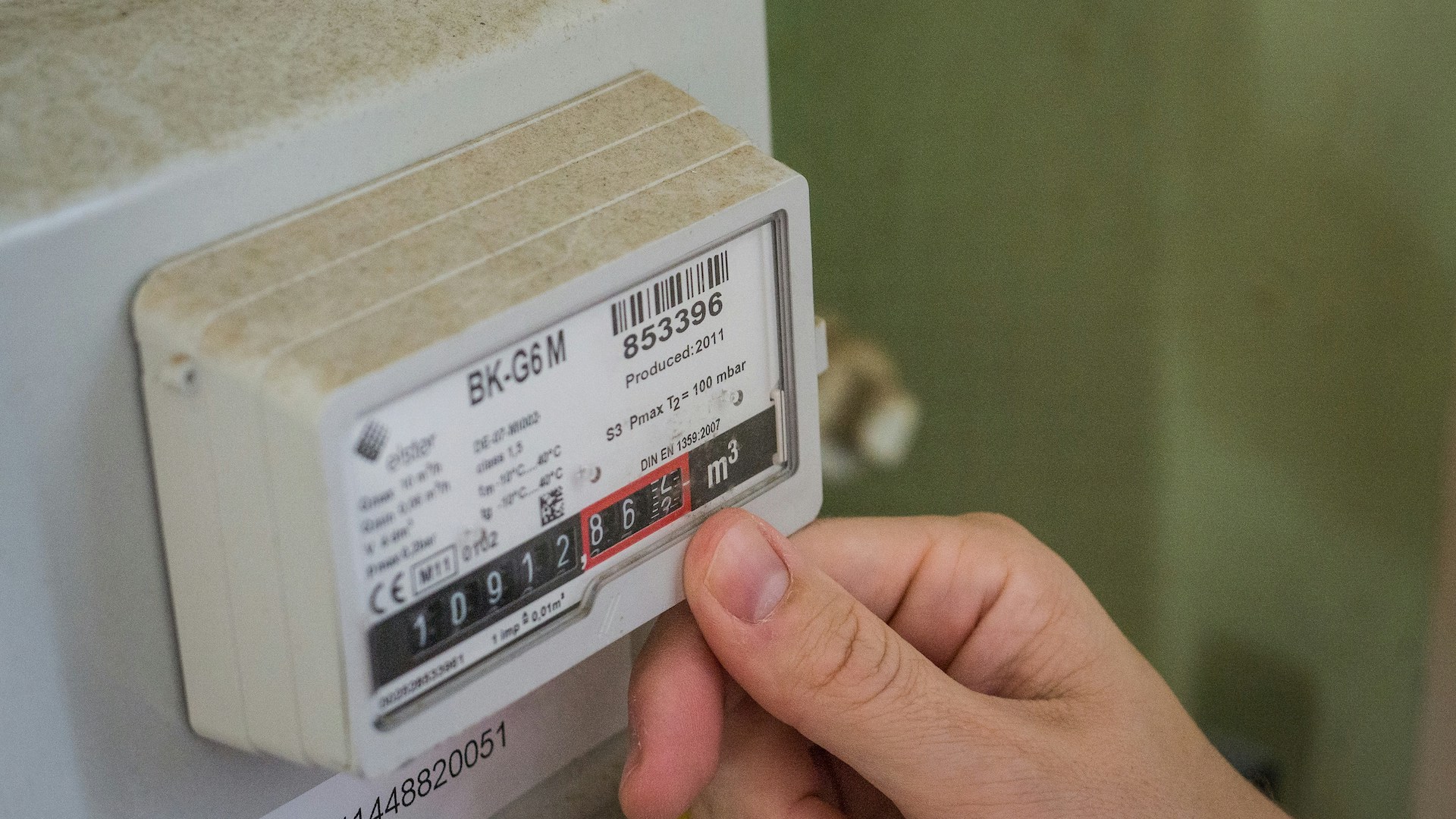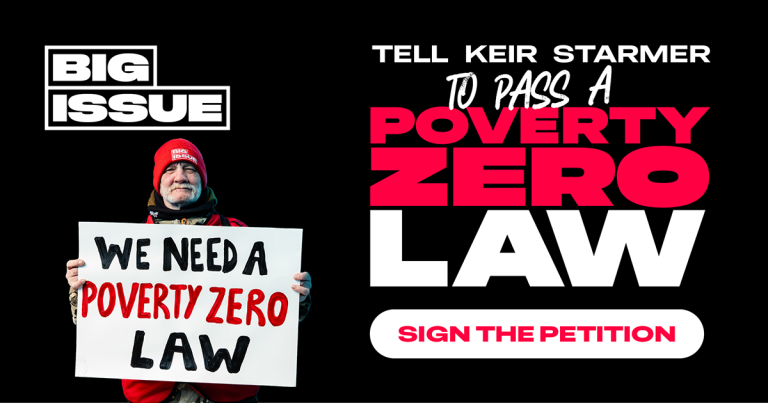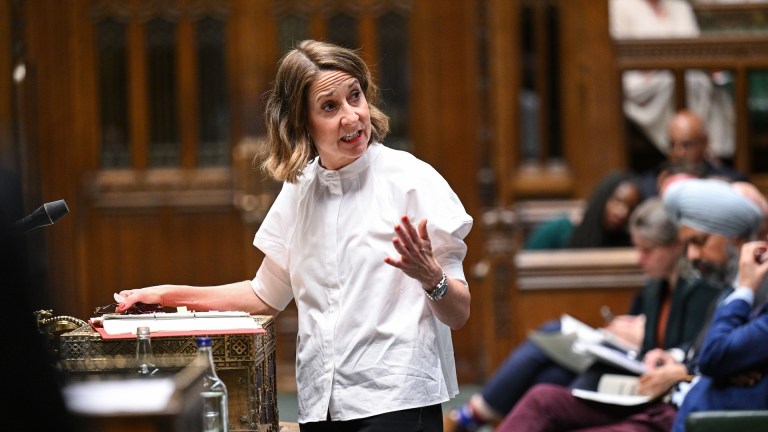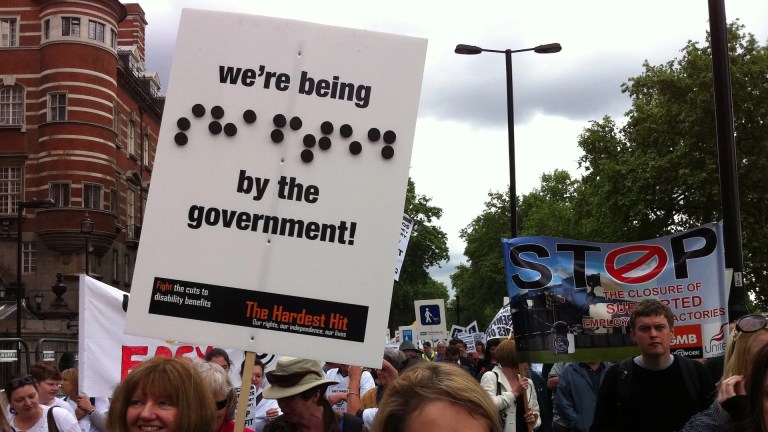How to get a grant from your energy supplier to help pay your energy bills in 2024
A number of energy suppliers offer grants to their customers to help them pay their energy bills. Contact your energy supplier if you are struggling and they may be able to help. We’ve listed a few grants available below:
How to get British Gas grants
British Gas grants are available to everyone who has an energy debt of up to £2,000 and you don’t have to be a British Gas customer. This includes the Individual and Families Debt Write Off Fund.
You’ll need to seek help from your local money advice centre first and be able to show that you’ve thought about how you will manage your costs in the future. Apply for a grant and get advice from the British Gas Energy Trust through its website.
How to get the Scottish Power Hardship Fund
Scottish Power has a fund to help low-income households get their energy payments under control. It can help by clearing or reducing arrears by crediting a customer’s ScottishPower energy account.
How to get EDF Customer Support Fund
EDF provides support for individuals struggling to manage household energy debt through their customer support fund. You can apply here.
How to get E.ON Next Energy Fund
This fund could help you pay your current or final E.ON Next energy bills and potentially replace old appliances. You can apply on E.ON’s website.
Advertising helps fund Big Issue’s mission to end poverty
How to get help to pay energy bills through the Octopus Octo Assist Fund
If you’re an Octopus customer, you can access its financial support form on its website. It asks you a series of questions about your financial situation. The company offers a number of support options including access to existing schemes, monetary support from the Octo Assist Fund, or a loan of a thermal imagery camera to find heat leaks at home.
Reach out to your supplier or check their website to see if they offer a grant or fund for low-income customers – or you could think about switching suppliers.
What benefits can I get from the government to help pay my energy bills?
If you are struggling with money, you may be eligible for benefits and welfare support. If you’re not sure where to start, Citizens Advice offers information and services to help people and they can advise you as to what financial support is available from the government to help you.
You could be entitled to benefits and tax credits if you are working or unemployed, sick or disabled, a parent, a young person, an older person or a veteran. You can use the charity Turn2Us’ benefits calculator to find out what benefits you are entitled to claim.
The government’s Help for Households website explains what support you could be eligible for – such as cost of living payments.
There are also specific benefits you can get through winter to help with your energy bills – including the winter fuel payment, cold weather payment and winter heating payment in Scotland. Keep an eye out for when these open up again in the winter months.
Advertising helps fund Big Issue’s mission to end poverty
The cost of living payment has also come to an end, unfortunately. More schemes will open to help with your energy bills in the coming months.
How to get charitable grants to help pay your energy bills
People who are struggling financially may be eligible for charitable grants. You can find out what grants might be available to you using Turn2Us’ grant search. There are a huge range of grants available for different people – including those who are bereaved, disabled, unemployed, redundant, ill, a carer, veteran, young person or old person.
Grants are also usually available to people who have no recourse to public funds and cannot claim welfare benefits. Turn2Us helps people to access grants and support services if they’re in financial difficulty. If you contact them, they’ll check what’s available to you.
Glasspool gives small grants for things like white goods, beds, bedding, children’s clothing and baby needs. For most charitable grants, you need to get a referral from a professional like a social worker, health professional, school or advice service.
Family Action provides practical, emotional and financial support to those who are experiencing poverty, disadvantage and social isolation across the country. You could also contact a recognised debt advice agency such as Step Change Debt Charity or the Debt Advice Foundation for advice if you are struggling with debt.
Lightning Reach has a “one stop portal” to finding help. Compared to existing benefits or charity grant calculators, the portal pulls together support from a range of sources into one place – aiming to save users time as well as uncovering potentially hidden pots of money.
Advertising helps fund Big Issue’s mission to end poverty
Users enter their information, including postcode and biographical details, and then are told what support is on offer.
How to get help from your local council if you can’t pay your energy bills
If you are unable to pay your bills, your local council may have a scheme that can help you. Local councils may be able to give you debt advice, help you get hold of furniture, support you through food and fuel poverty.
Councils across the country are organising measures to help local residents in the cost of living crisis. It is worth checking out their website or contacting them directly if you need any support. Your council may have a local welfare assistance scheme, also known as crisis support. Find out what support your council offers through End Furniture Poverty’s local welfare assistance finder.
How to find a warm bank near you if you can’t afford to heat your home
If you are struggling to pay your heating bills, warm banks could be a lifeline on colder days. Warm Welcome has a virtual map of warm spaces, making it much easier to find one near you. All you need to do is type in your postcode and you’ll be able to find any warm spaces registered with the campaign in your area.
Another way to find a warm bank near you is to look on your local council’s website or contact it directly. Even if it is not running a warm bank itself, it should be able to direct you to a charity or other community organisation which is offering support.
What are your rights if you can’t afford to pay your energy bills?
If your bills are too expensive and you can’t afford them, your energy supplier has an obligation to help, as regulated by Ofgem. They might be able to create a payment plan for you, and you can ask for emergency credit if you use a prepayment meter and can’t top up. You should complain to your supplier in the first instance if you don’t think you’re being treated fairly.
Advertising helps fund Big Issue’s mission to end poverty
If that doesn’t work, you can escalate your complaint. Simon Francis, from the End Fuel Poverty Coalition, advises people to write to their MP as this can often prompt energy firms to act. You can also bring complaints to the energy ombudsman. Find out more about your rights if you can’t afford to pay your energy bills here.
Do you have a story to tell or opinions to share about this? Get in touch and tell us more. Big Issue exists to give homeless and marginalised people the opportunity to earn an income. To support our work buy a copy of the magazine or get the app from the App Store or Google Play.









